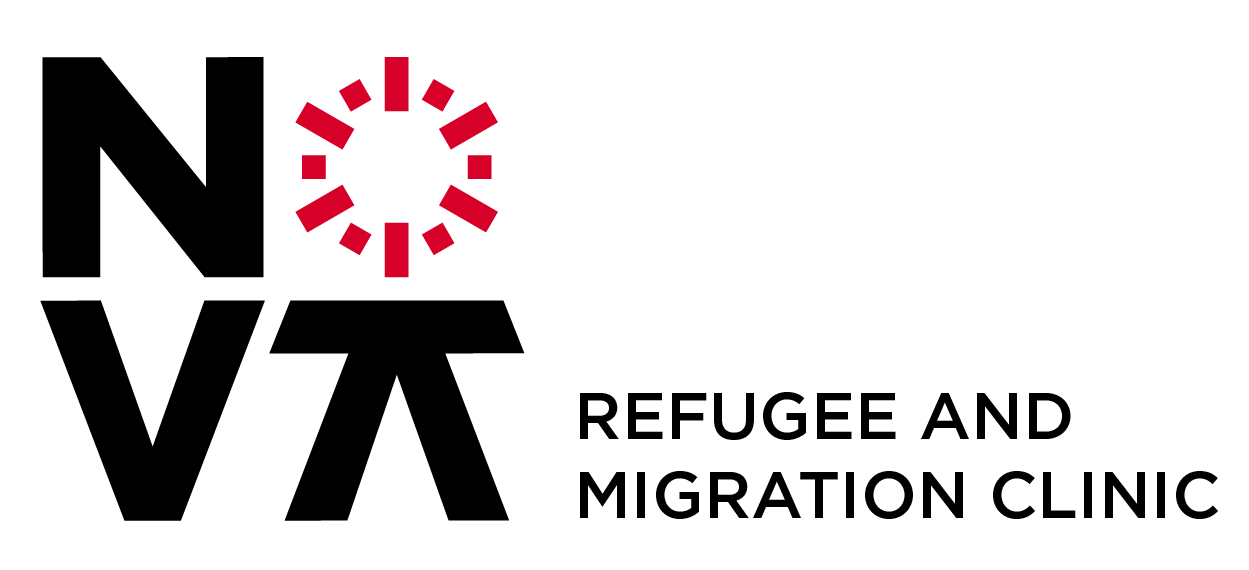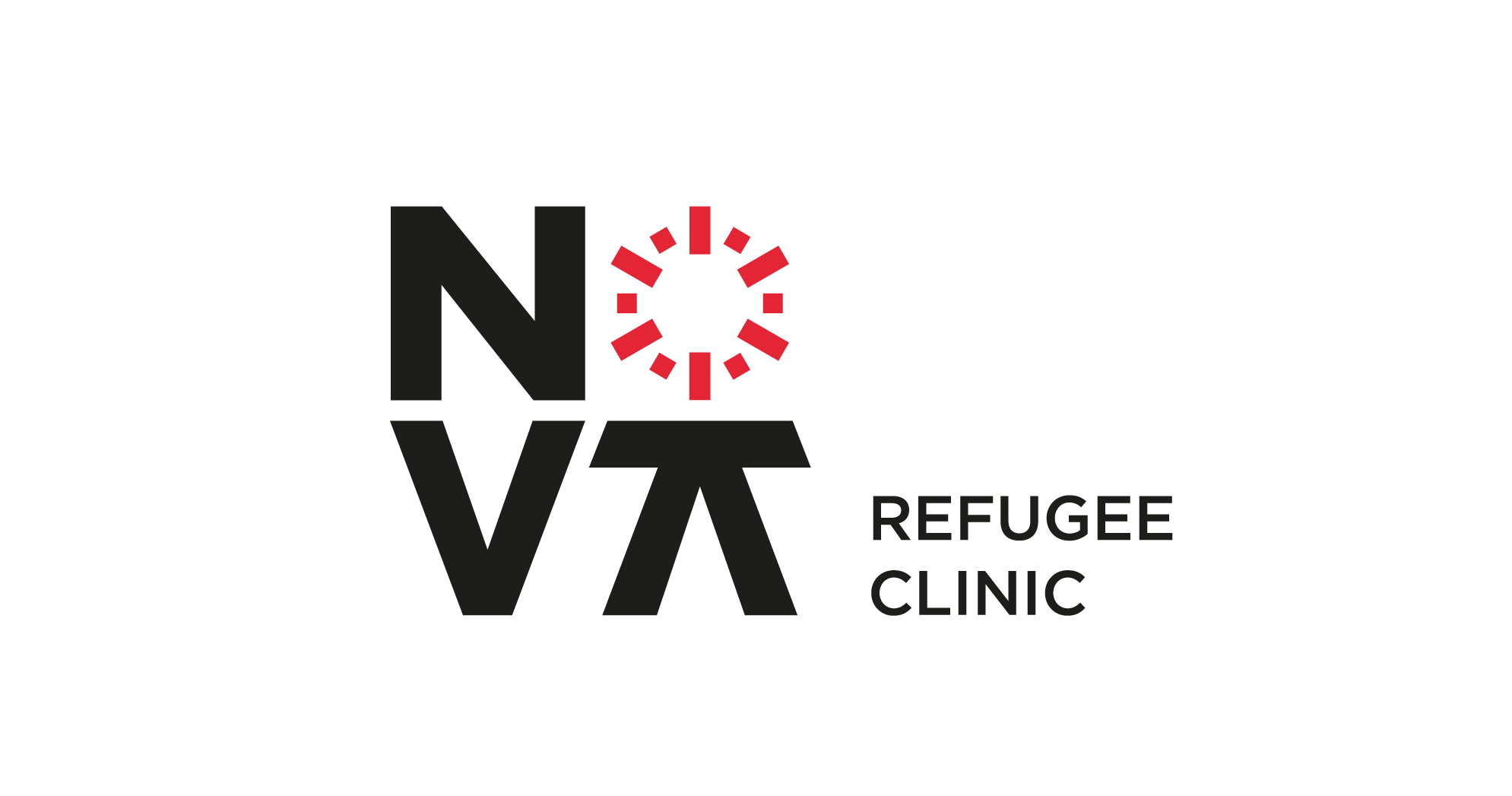The danger of being stateless
We might think that being stateless is a concept that does not have much space in our present. However, unfortunately, this is far from the truth, generating several ethical issues as well as violations, against the spirit of the Universal Declaration of Human Rights.
All children should be entitled to a nationality[2]. Furthermore, the right to nationality is established under article 15 of the Universal Declaration of Human Rights, and situations of statelessness would be considered as a violation of the article above. Nonetheless, what is the definition of a stateless person? Article 1 of the 1954 Convention relating to the Status of Stateless Persons defines such a person as someone that is not recognized as a national of any State. Under article 24 of the International Covenant on Civil and Political Rights, children should be protected by their families, society and State, and they should have the right to be registered once are born, as well as to be entitled to a nationality.
Nowadays we still have children whose birth certificate is being denied. This can be seen, for example, in the case V.M.A. v StolichnaObsthina, Rayon ‘Pancharevo[3], in which a child that was born in Spain, to a British mother and a Bulgarian mother, did not have the right to have a Bulgarian birth certificate. Moreover, the two women registered themselves as both mothers of the child, without specifying which of them would be the biological mother of the newborn. That was not an issue in Spain, the country where the child was born, as a birth certificate was issued to the baby and both women were considered legal parents of the child.
However, when the Bulgarian mother ordered a birth certificate for her child in Bulgaria, the outcome was different. She saw her request being denied owing to the fact that was not said which of the women gave birth to the child, ending up in a non-issued Bulgarian birth certificate. This Member State does not recognize legally, same-sex partnerships or marriages, as well as the emotional relationship between the minors and the people who were caring for them, as parents. Although both women were married in Britain, now a former Member State of the European Union, their marriage was not recognized in Bulgaria.
Should not be the most important goal to protect and preserve the interest of the child, independently if the child is being raised by same-sex or heterosexual parents? This child needs a State to be tied to[4], otherwise, how can a child without a State be entitled to their rights as well as their duties? A child should not be “left stateless for an extended period of time: a child must acquire a nationality at birth or as soon as possible after birth”[5]. Articles 24 and 3 of The Charter of Fundamental Rights of the European Union state that the interest of a child should be the main thought when reaching a decision. Family life should be preserved, as establishes in article 7 of the same Charter. Once the child gets their nationality, she/he can be officially considered a citizen of the EU, as states the article 9 of the Treaty on European Union.
Although one of the mothers of the child has British nationality, that will not be enough to register her child as a British citizen, owing to the fact that she got her nationality by descent and her child was born outside of the UK. Even though the child was born in Spain, she is not entitled to Spanish nationality, unless will be proven that she is stateless. The birth registration is a very important document to prevent the child from being completely stateless[6]. This case brings important issues to be solved and we need to bear in mind constantly the best interests of the child while analysing cases such as this or other similar cases.
As on the one hand, we have the Bulgarian national Law and, on the other hand, we have the European Law, the national court stayed the proceedings and referred to the Court of Justice of the European Union. One of the questions was if Bulgaria should deny the birth certificate to the child, based on the fact that the parents have not mentioned the minor’s biological mother. Another important question directed to the CJEU was about finding the right approach, between article 4 (2) of the Treaty of the European Union and the emergence of protection related to the family life and, consequently, the best interests of the child stated in articles 7 and 24(1) of the European Charter of Fundamental Rights.
The national court referred to the fact that the child does not have a birth certificate issued by the Bulgarian authorities, which will make her unable to get other identity documents necessary for exercising her rights as an EU citizen. Therefore, this will bring further restrictions, regarding the right to freedom of movement of the child. Another example of the right to freedom being at risk can be seen in the case Coman C-673/16, in which a gay couple have not seen their marriage legally recognized[7] by Romania, even though they have married in Belgium, Member State that recognized their marriage.
In the case of V.M.A. v StolichnaObsthina, Rayon ‘Pancharevo, the Bulgarian authorities are having a discriminatory behaviour towards these parents on the grounds of their sexual orientation and gender, refusing both women as mothers of the child, as it states on the Spanish birth certificate. According to the Bulgarian Court, on the request for a preliminary ruling, this child could be considered a “Bulgarian national by operation of law” and this is acquired by birth certificate. Therefore, without a legal birth certificate issued, any other actions cannot be done.
One of the most astonishing facts that might lead to some discussion related to this case is the lack of strength of the European Union towards countries such as Bulgaria[8] and its national laws. This country has been constantly working against the LGBT community, and it seems not improving at all. Bulgaria is a Member State that is constantly violating the rights of the minorities that are entitled to them, whereas is against Roma Ethnicity[9], or the LGBT community[10]. It is necessary a regular observation from the European Commission over countries, such as Bulgaria, in which its national laws clashes against the fundamental principles of the European Union.
FORMA DE CITAR:
T. AZEVEDO, The danger of being stateless, NOVA Refugee Clinic Blog, Abril 2021, disponível em <https://novarefugeelegalclinic.novalaw.unl.pt/?blog_post=the-danger-of-being-stateless>
[1] Tânia Azevedo, undergraduate Law Student at Nova School of Law and team member of the research line in Migration and Sexual Orientation at Nova Refugee Clinic.
[2]EUROPEAN NETWORK ON STATELESS, No child should be stateless: Ensuring the right to a nationality for children in migration briefing, in ENS Briefing, 2020, available at https://www.statelessness.eu/updates/publication/no-child-should-be-stateless-ensuring-right-nationality-children-migration
[3]CJEU, Case C-490/20 of 2 October 2020, V.M.A. v StolichnaObsthina, Rayon ‘Pancharevo’, available at http://curia.europa.eu/juris/showPdf.jsf?text=&docid=233342&pageIndex=0&doclang=EN&mode=lst&dir=&occ=first&part=1&cid=1794300
[4] EUROPEAN NETWORK ON STATELESSNESS, No child should be stateless, in ENS report, 2015, available at https://www.statelessness.eu/sites/www.statelessness.eu/files/ENS_NoChildStateless_final.pdf
[5] UNHCR, Guidelines on Statelessness No. 4: Ensuring Every Child’s Right to Acquire a Nationality through Articles 1-4 of the 1961 Convention on the Reduction of Statelessness, in RefWorld, 21 December 2012, available at https://www.refworld.org/docid/50d460c72.html
[6] EUROPEAN NETWORK ON STATELESSNESS, Birth registration and the prevention of statelessness in Europe, in ENS report, 2020, available at https://index.statelessness.eu/news/new-index-thematic-briefing-birth-registration-and-prevention-statelessness-europe
[7]CJUE, Judgment (Grand Chamber) of 5 June 2018,Coman, Hamilton and Asociaţia Accept v.Inspectoratul General pentruImigrări and MinisterulAfacerilor Interne, Case C-673/16, EU:C:2018:385.
[8]Dilek Morgul, The European Court of Justice: An Agent of Member States?, in E-international Relations, 2011, available at https://www.e-ir.info/2011/04/28/the-european-court-of-justice-an-agent-of-member-states/
[9]OPEN SOCIETY FOUNDATION, Violations of EU Law and Fundamental Rights by Bulgaria’s Discriminatory Treatment of Roma in the Area of Housing, in Memorandum to the European Commission, February 2017, available at https://www.opensocietyfoundations.org/uploads/20dae17f-c7c4-4e4e-8618-342d2907cb6b/bulgaria-roma-infringement-memo-20170214pdf.pdf
[10] BULGARIA: The Status of Lesbian, Gay, Bisexual and Transgender Rights Submission to the United Nations Human Rights Council for its Universal Periodic Review of Bulgaria (9th Session).


